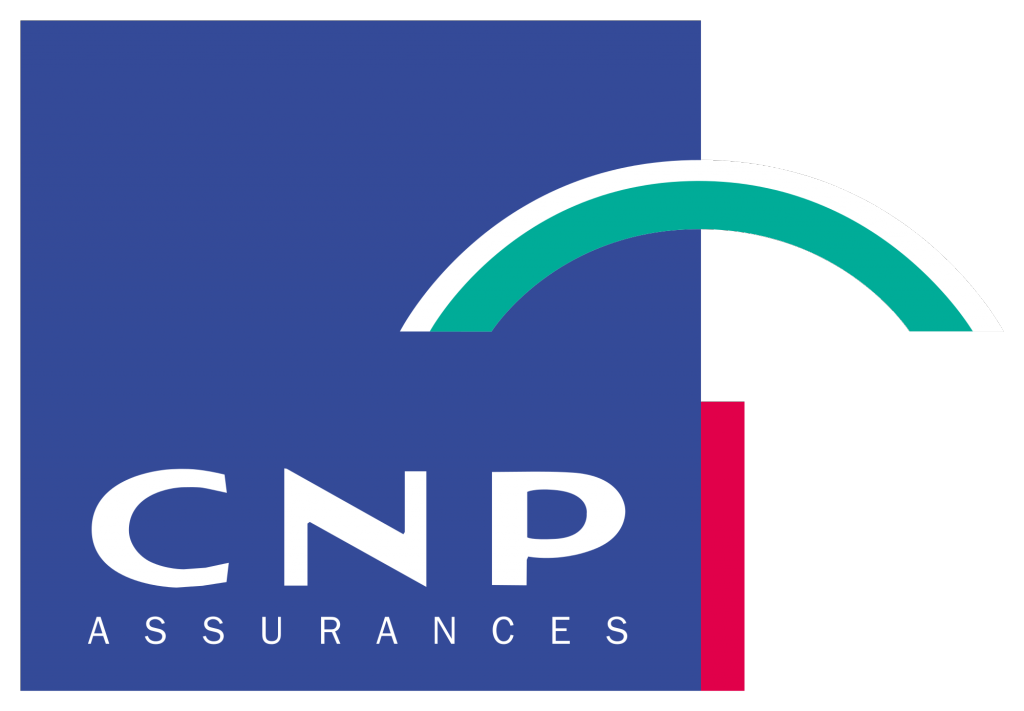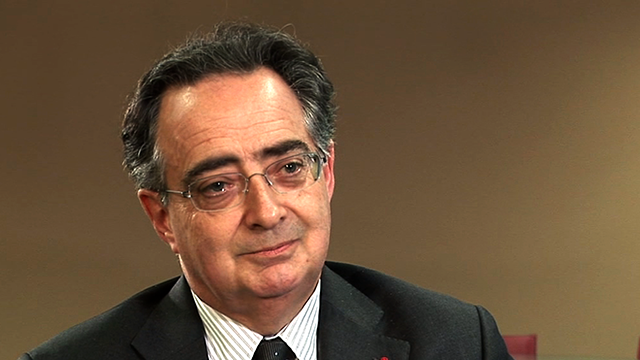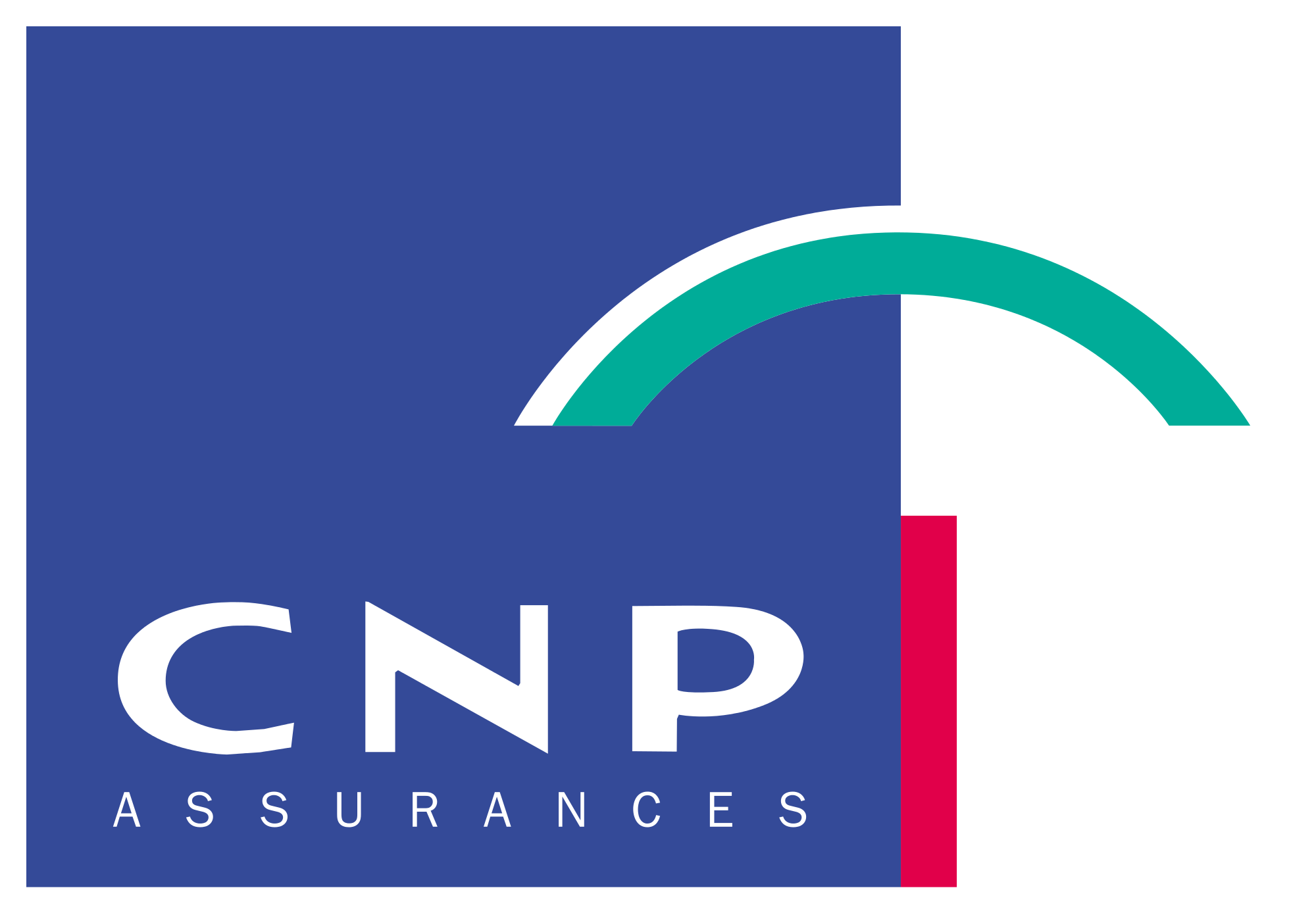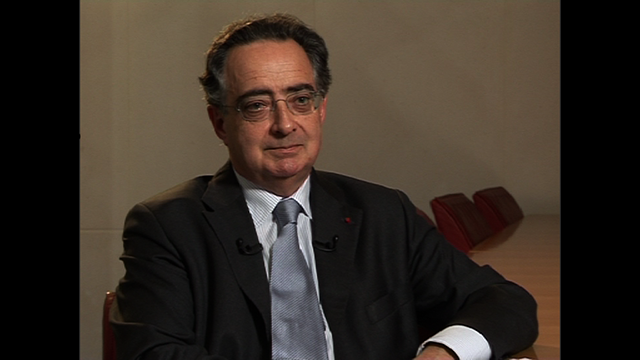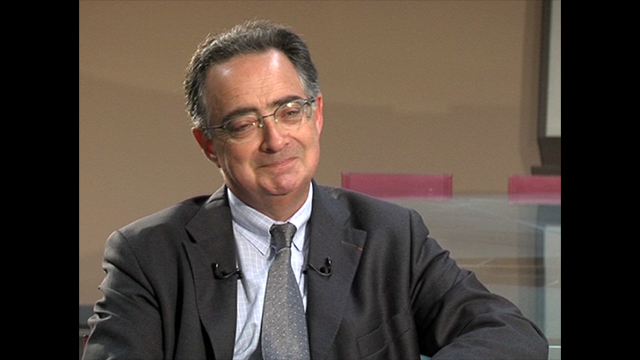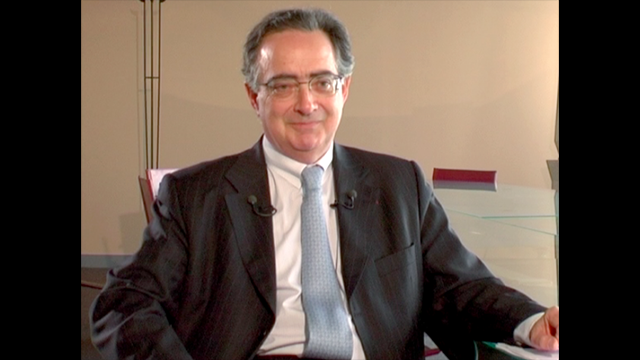EuroBusinessMedia (EBM): CNP Assurances, France's largest personal insurer, just reported earnings for the first half of 2007, Gilles Benoist welcome, you are the CEO of CNP Assurances, what are your comments on the company's performance in the first half?
Gilles Benoist (GB): Well, I would say good, sound results, an increase -- of course in IFRS norms -- by 85%, but that's not the real important thing. The important thing is that our results are increasing on the basis of recurring profit before capital gains and anything else by 12%, on a very comparable basis, excluding the impact of the acquisition of the second half of Ecureuil Vie, and that of course boosts the number of our figures. It means that we have gained share of the market and, what is most important, the value of new business has increased by 20% in this period, and it's quite the same rate of increase as the European embedded value -- more than 19% increase. Good signals.
EBM: Ever since the subprime crisis in the US, the entire investment management sector has been haunted by doubt concerning the quality of the assets in the portfolios. CNP confirmed its status as a defensive stock when it reported recently a very limited exposure to the subprime market. Do you also confirm the company's medium term resistance in a less favourable economic environment?
GB: Yes. First I must just recall that the direct exposure on subprime is zero. Indirect exposure is only 10 million euros to be compared with 240 billion euros of assets, and everybody knows -- I think all the people who know us since the crisis of 2002 -- know that our financial strategy is very strong and very risk averse, and most on credit products, because our obsession is to have the cash flows. And so we have been very selective in all kind of products and we have put limits - very hard limits - and very hard rules of diversification and so on. That explains that when I look at the figures and the studies that have been made, we are the least exposed insurer in Europe, and even in the world, because other [non-European] companies are in that kind of study. And this is not something astonishing; this has always been our policy since the IPO. And as we are not afraid to give figures - we give a great number of figures on our assets, on the percentage of AAA and so on - and so we are transparent, because we don't fear to be.
EBM: The French life insurance market is a conundrum for many financial analysts, because it has had such a great run -- with an average annual growth of 23% per year for the last 3 years -- but it is now down about 20% year-to-date, and there seems to be no fundamental reason to expect a rebound soon, as the household penetration level remains high, as certain tax breaks for life insurance have been abolished, and as equity markets are currently volatile. Should we therefore consider that the growth potential of life insurance has been exhausted in the French market, and that you will have to seek new areas of growth?
GB: No, this potential has not been exhausted, because of course the figures of the French market have been dramatically boosted by a great amount of transfer from banking products - there was the great, more than 10 billion euros wave of 2006 - some years before there was another wave of another kind of product. What is important is to try to look attentively at the market. If you look attentively then you realise that there is an underlying and regular increase in the French market that was around 4%, perhaps only 2% this year, but scheduled at 4% in 2008, and this increase is pushed by fundamentals, demographics and the need for the French people to save money for the future, and mostly for the problem of retirements. The pension products have had a limited success in France, because they are 'tunnel effect' products -- they make people afraid of the duration of the product. So now an important part of the French customers of life insurance in France admit that the aim of their savings is retirement. And because many of the French people are not conscious of the drama of the rate of replacement, the French government has decided to give information before the end of this year to each French person on what would be the level of his retirement fees. Then I think I'm not too anxious on the fact that many people will say "I must dramatically save money" and the best product is life insurance. So I'm not anxious about this underlying good and recurrent increase -
of course, leaving aside these very specific movements of PELs or PIPs.
EBM: Your corporate mandate was recently renewed, which is an opportunity for you to present a new 5-year plan to shareholders. So after the French market has doubled in size in the past five years, what are the growth prospects for CNP in the coming 5 years?
GB: You must be a little patient, because I've told the market that I've suggested to the shareholders to make a new plan, because we had a plan up to 2008, but we have already achieved most of the targets, even 12 or 15 months before. So this will be discussed in December by the Board of CNP and of course my intention is to propose new developments with no break, no surprise, in that great continuity of ambitions since the IPO: Number 1 in France, going outside France, without taking too much risk, and so on. But some points perhaps should be stressed, in my opinion, what should be stressed is: profitability and productivity.
EBM: Where does your international expansion plan stand today? Where are the main international growth opportunities for the company today?
GB: Well, we are still, as we've been in recent years, looking mostly to the South of Europe - remember our acquisition in Spain - which became CNP Vida now. You see the first contribution of CNP Vida - even if it's modest - in our results for the first half. So we still look to the south of Europe and of course we would be very happy if we could find, for example, a good opportunity to extend our operations in Brazil, which are highly profitable and very efficient.
EBM: Your Italian partner Capitalia was recently acquired by Unicredito, which is already partnered with other insurers -- Aviva and Allianz to name them. In this context, what is the outlook for your JV CNP Capitalia Vita and, furthermore, should we fear that commissions will ultimately be renegotiated less favorably for CNP?
GB: Just remember that, of course, we are discovering a new partner, called Unicredito and he is discovering a new insurance company, a new partner in Italy. And if you look at the performance of CNP Capitalia and its share of the market over the last two years, it's a very brilliant new partner. We have very precise agreements, agreements we had with Capitalia, and commercial agreements for exclusive distribution in each of the main banks of the Capitalia network. These agreements are until 2012. And of course we will discuss with our new partner all that we can bring to the Unicredito Group as far as new products, and the way we have entered this Italian market. So just wait for some weeks to have new information; but I'm optimistic. The people of Unicredito are high professionals, and that's the kind of people with whom we can discuss positively.
EBM: Gilles Benoist, CEO of CNP Assurances, thank you very much.
GB: Thank you.

